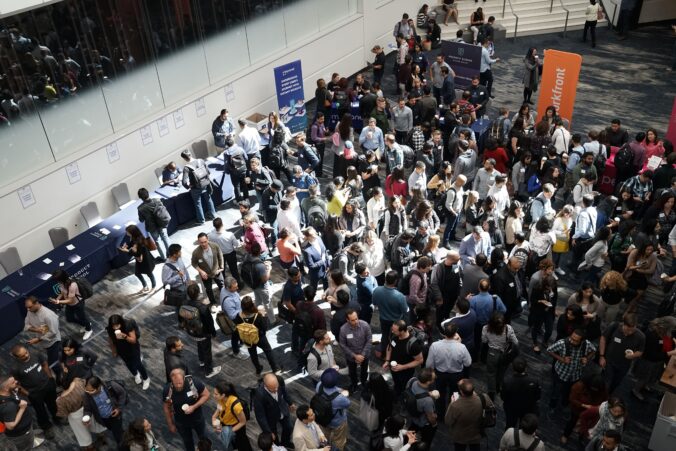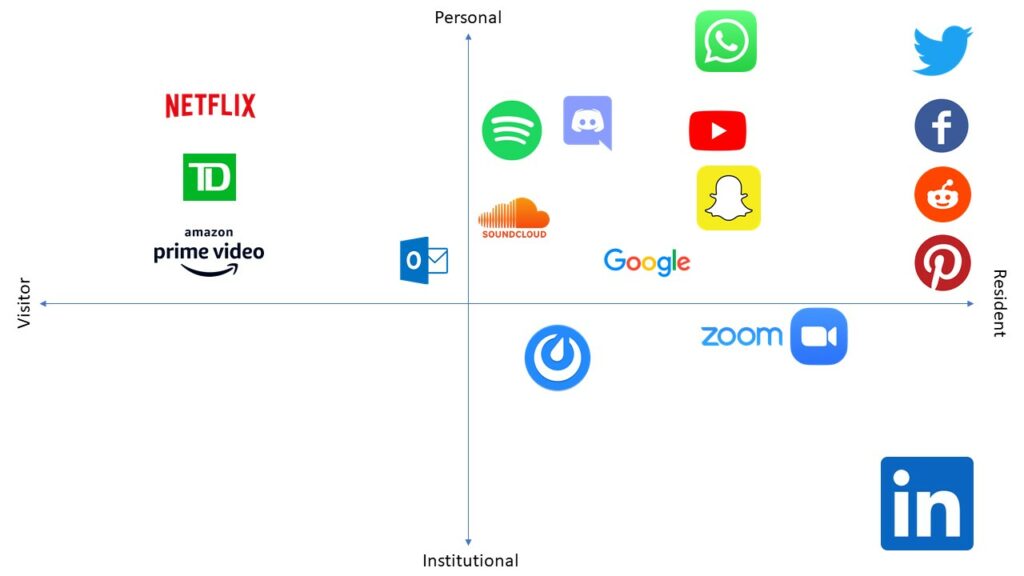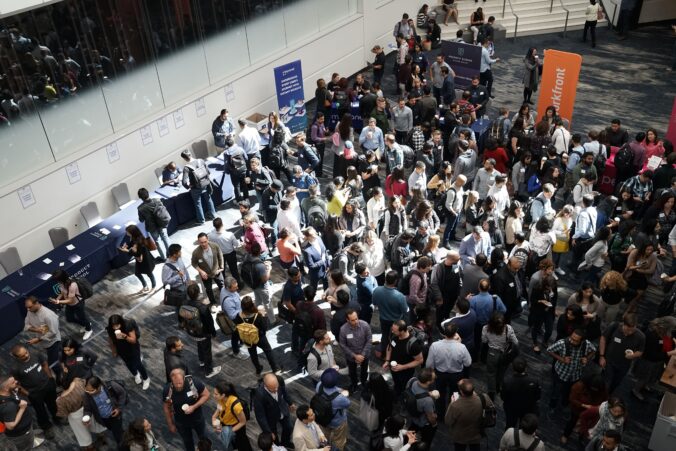What goes on the internet stays on the internet. This sentiment is very real and is sometimes forgotten by users of social media, especially when interacting with people in a widespread manner. Being in the public space has many advantages as you will likely reach likeminded individuals that can provide you with opportunities to grow your network, make more money, learn new things, and find a new hobby that weren’t previously possibly. In addition, you can spread a message to a large audience, and have dialogues (positive and negative) to further refine your understanding on topics, or to have a debate and share perspectives with people with different backgrounds. Success stories like Judy Vance and her place on Sportsnet, can come from having a large network, and lots of hard work. However being a very public figure has its downsides. Conflicts can occur with audiences as not everyone shares the same opinion on certain topics. Public figures may slip up and post about a topic they weren’t fully educated on and some opinions may be strongly worded with an accusatory tone. Sometimes figures share fake news, or news article that don’t provide the full context (News headlines are notorious for this), which is less than preferable as public figures have to maintain a certain image to continue being viewed as acceptable to their audience and outside their audience. Figures share content from unofficial sites, where facts are not cited, or may share information from official sources that have their own biases in wording, and values. As citizens of the web and social media (PLNs) it is important to take everything with a grain of salt. Media literacy is a “framework to access, analyze, evaluate and create messages in a variety of forms, build an understanding of the role of media in society, as well as [develop] the essential skills of inquiry and self-expression.” Media literacy is the ability to analyze facts, and find information from a variety of sources to corroborate information, while trying to understand the true intentions of people contributing to media. There are usually more side to every story, and not every story is posted publicly, but it is important to get most of the facts, corroborate them with each other, so that you can express your opinion (or at least hold them), and be able to defend yourself. Sometimes you may not have all the right answers, so we listen to others who have different takes to get as many perspectives as possible. It is important to do your research and get your ducks in a row to make sure you don’t accidently spread fake information.
References
21st Century Skills – Learning for Life In Our Times Trilling, B & Fadel, C
Digital Literacy Skills – Media Literacy Chapter 4 pp.66 https://learning-oreilly-com.ezproxy.library.uvic.ca/library/view/21st-century-skills/9780470475386/fade_9780470475386_oeb_c04_r1.htm
Navigating Social Journalism: A Handbook for Media Literacy and Citizen Journalism by Martin Hirst, Chapter 4. The Political Economy of Fake News – pp.78
http://ezproxy.library.uvic.ca/login?url=https://www.taylorfrancis.com/books/9781315401263
Media Voices – Jody Vance – Course YouTube Channel https://youtu.be/E-NnpQJdl0A




Recent Comments